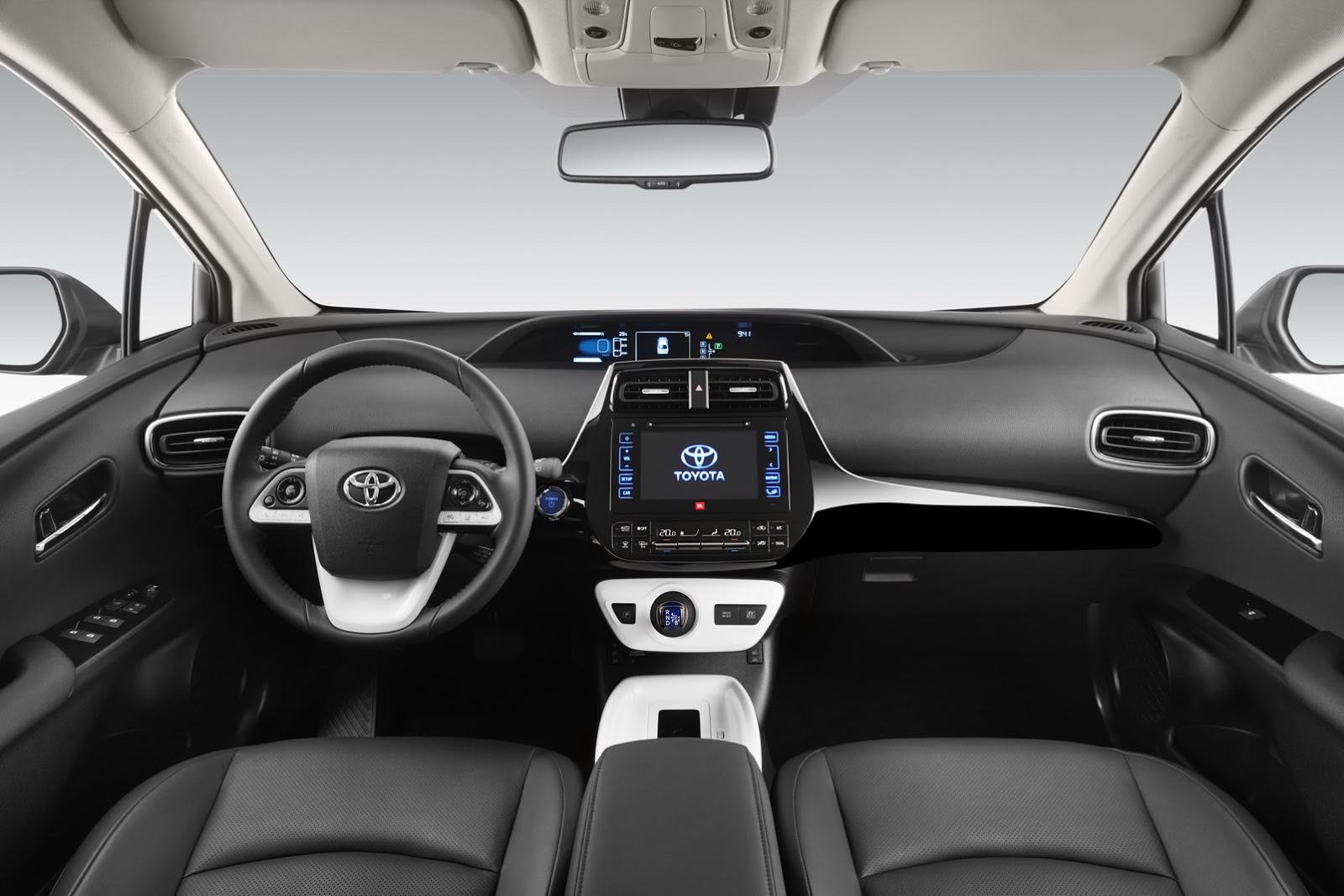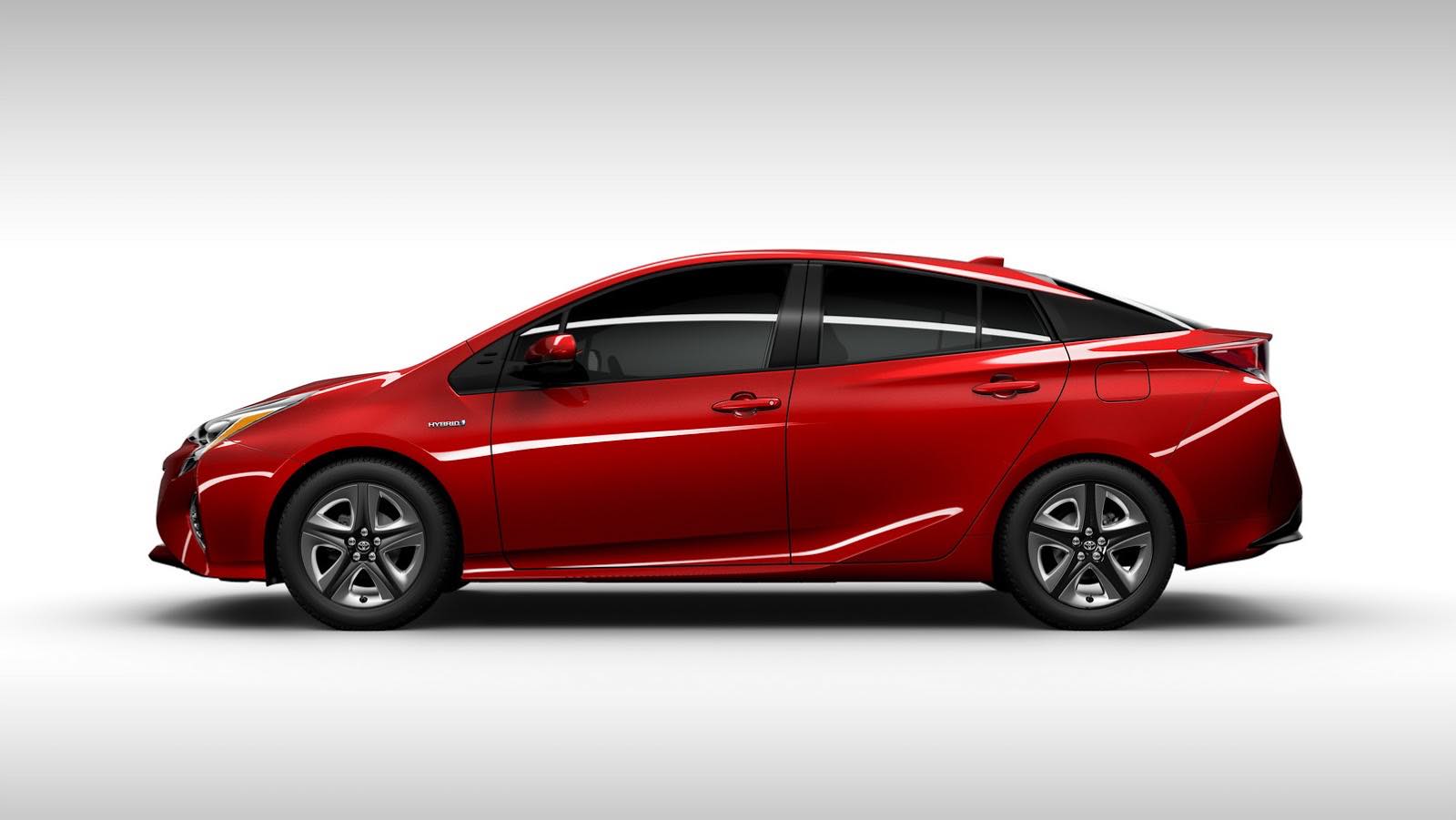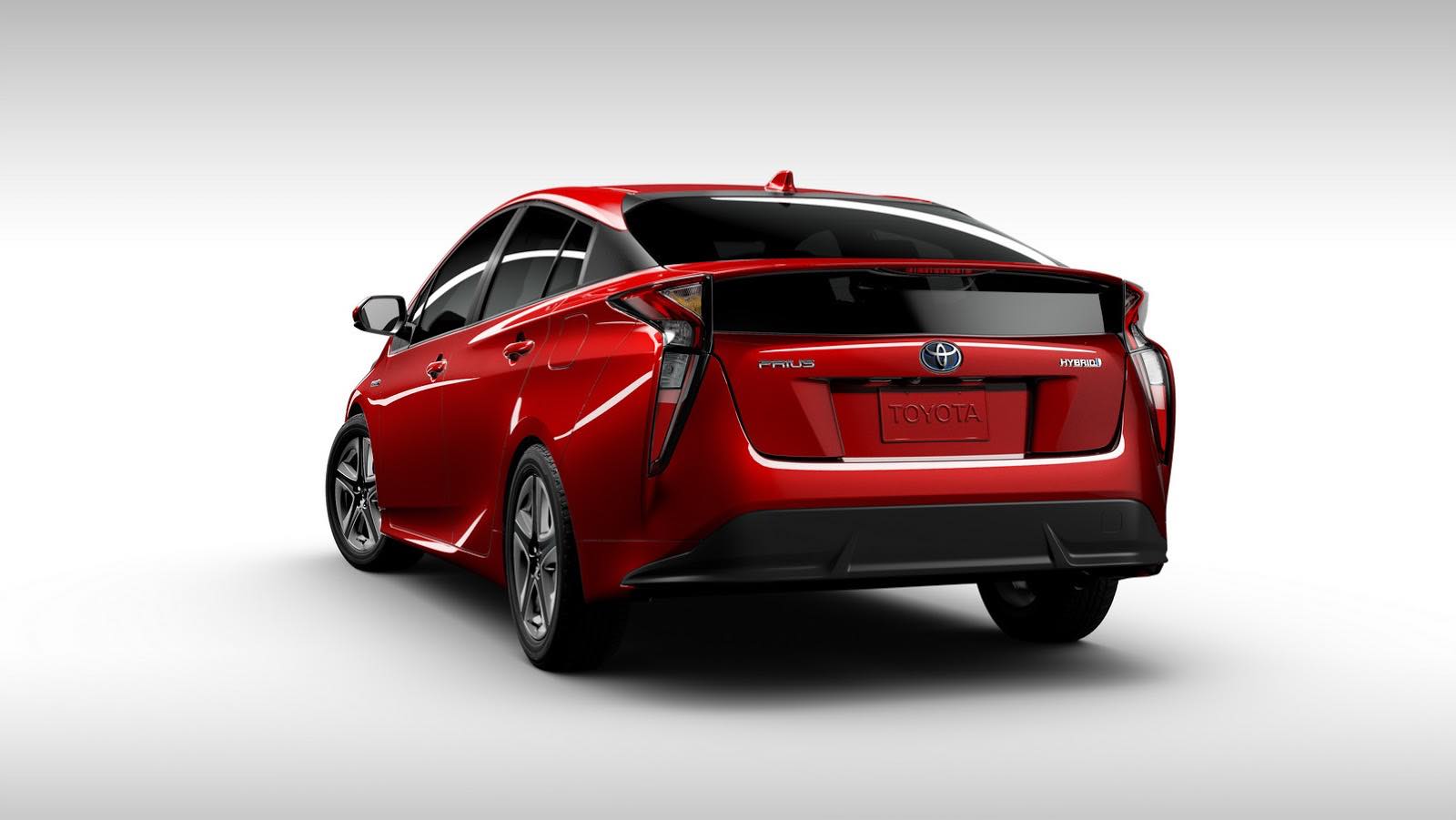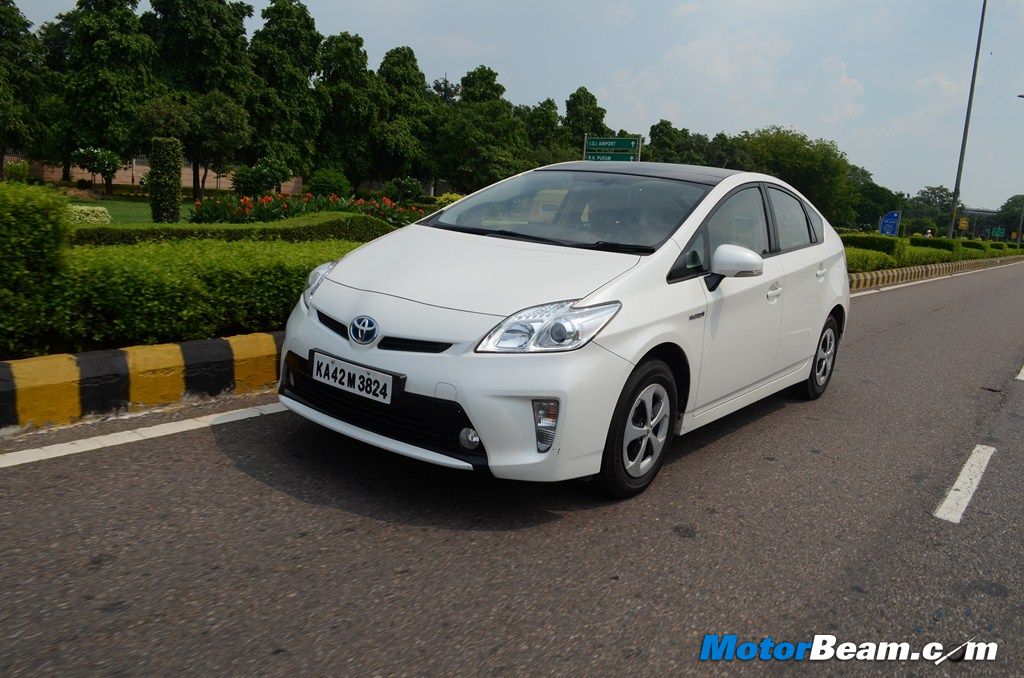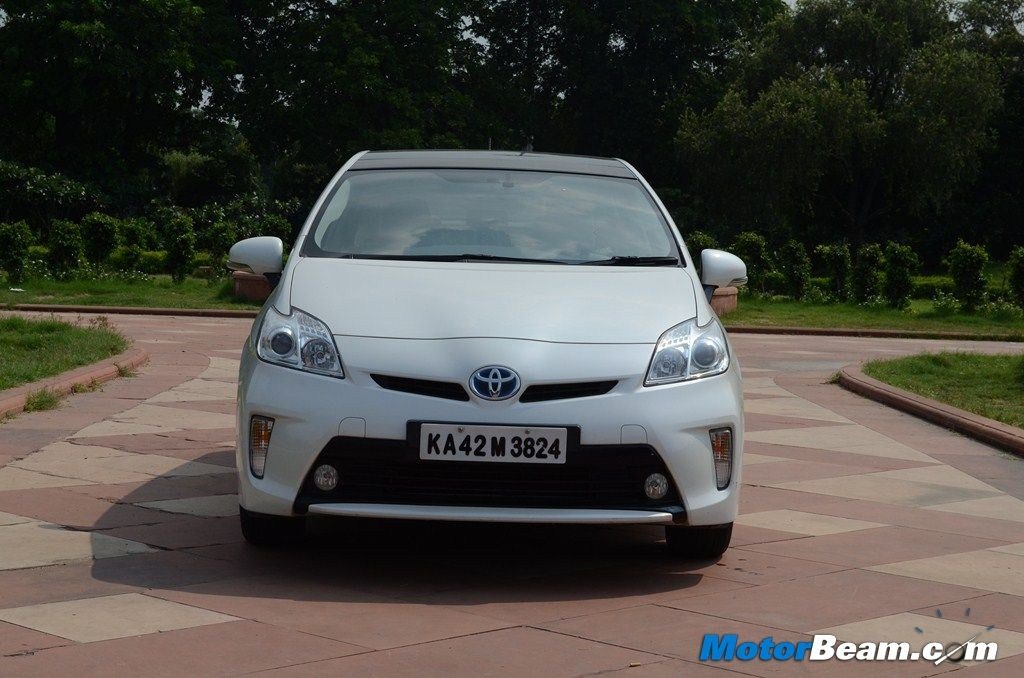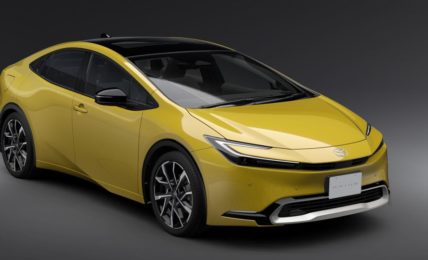The new generation Toyota Prius comes with a new and sharp design language along with pleasant interior styling and 10% more efficient engine.
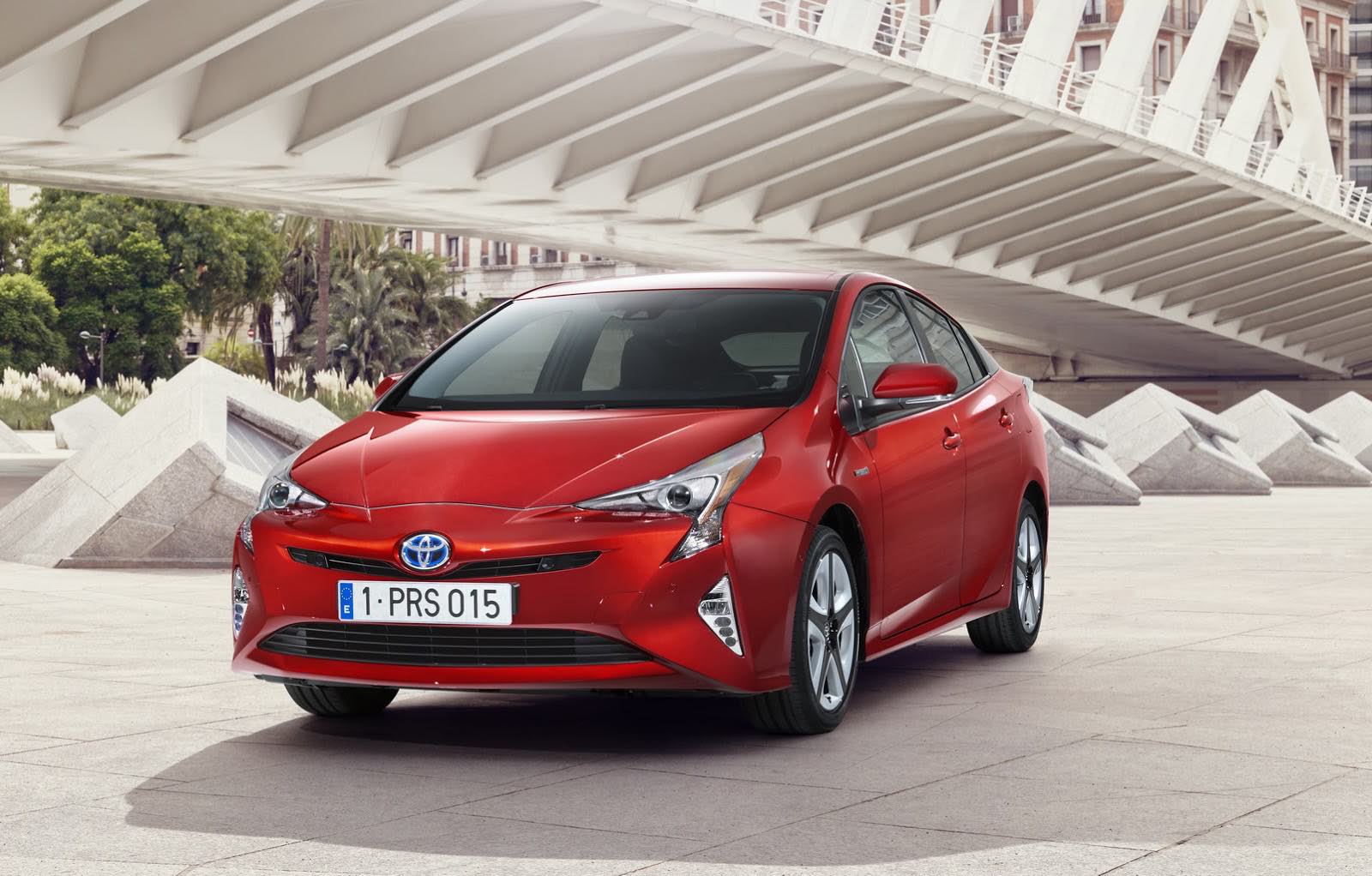
Toyota has officially revealed the fourth generation Prius ahead of its Frankfurt Debut. The environment friendly vehicle gets drastic changes over its predecessor and looks quite upmarket retaining the quirky bits. The lift-back shape of the Prius has now been stretched a tad more, which makes it look more of a sedan. The new futuristic and sci-fi themed design is inspired by the Toyota Mirai fuel-cell sedan.
The new Prius is based on Toyota’s new Global Architecture, which is a modular platform and can be used to spawn a range of vehicles. The new architecture helps with a lower centre of gravity along with stronger passenger compartment and a new double-wishbone rear suspension. The dimensions have increased marginally with a lower stance than before.
The front profile of the 2016 Prius gets a razor sharp headlight cluster along with vertically stacked fog lamps and a fluidic bumper. The side profile reveals a raising stance along with a coupe-like roofline. The new alloys are much better and appealing than those seen on the older model. The rear profile is very quirky and distinct having a boot lip finished in glass on both the sides and oversized tail lamps extending towards the bumper.
The interiors look mature against the funky and youthful cabin of the outgoing Prius. The layered dashboard gets the multi-information display in the centre and at the top, which is wide and provides extensive info about the car. Then there is a neatly placed touchscreen infotainment system with a huge display area. The minimal styling theme of the interiors look quite pleasant.
The engine options are yet to be announced but the new Toyota Prius Hybrid is 10 percent more efficient than its predecessor which had a claimed mileage of 21.2 km/l. The new Prius will return around 23.4 km/l of claimed fuel efficiency. Under the new Toyota Safety Sense technology, the Prius gets new driver assistance electronics such as pedestrian detection, lane departure warning with prevention and adaptive cruise control.
